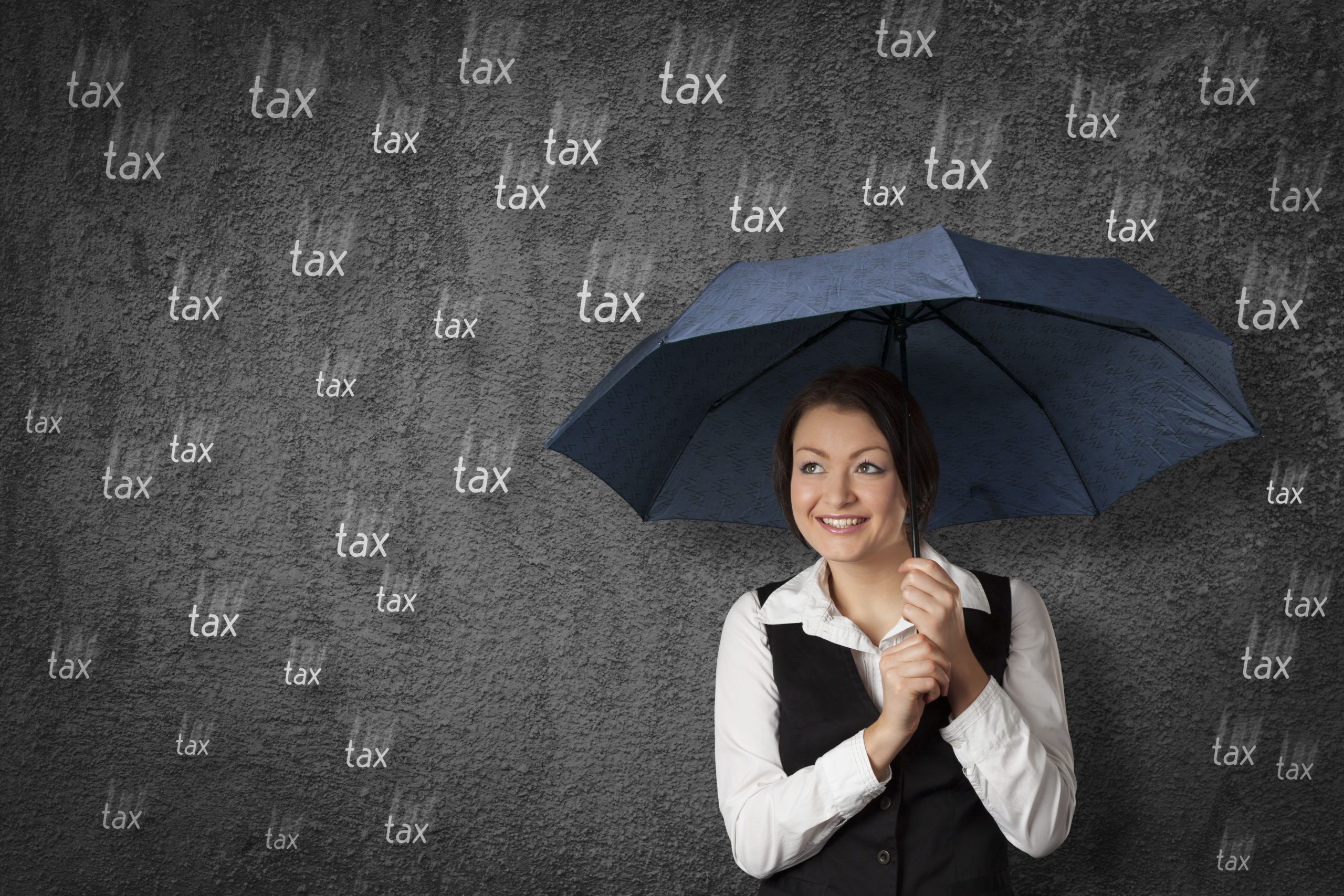As the dust settles on the 2021/22 budget and we absorb another round of tax increases and changes to reliefs and tapers, we are once again reminded of just how complex the UK tax system is. Managing this on an individual level is hard enough, imagine having to control and account for it across an entire economy…!
So surely the time is right for the Government to simplify our tax system, to make it easier for all concerned to manage their personal and corporate tax affairs efficiently and accurately? But whilst simplifying the tax system is easily said, achieving it is quite a different undertaking. So where should we start?
MTD should be the key
Making Tax Digital (MTD) is part of the grand plan towards tax simplification. As we’ve written about before, MTD is the utopian concept that provides each individual and company with a digital tax account. These accounts are then linked to all the major financial and transactional organisations that create the core of the economy upon which tax is calculated – e.g., banks, pension funds, investment companies, accounting software. By linking these systems and organisations digitally, tax could be calculated in near real time. Each transaction would be split down to identify the relevant taxation and recorded in the appropriate digital tax account. At the end of the relevant period, be that a month, quarter or year an accurate tax bill could be issued and paid. This not only removes the need for individuals and companies to calculate their taxes and complete returns but would also reduce the likelihood of significant bills.
Simplify where tax is applied
Whilst MTD is supposed to make the process of calculating and paying tax smoother, that very much comes at the end of the cycle. To truly simplify the UK tax system, you need to start at the point of taxation. There are numerous intricacies and complexities in UK taxes but as an example lets look at food and income.
Do you remember the pasty tax and the fact that different VAT rates are applied whether the pasty was purchased hot or cold? There’s also the humble Jaffa cake – is it a cake or a biscuit? Who cares? HMRC do as one is liable to VAT and the other isn’t!
On income tax, the effective 60% rate which applies on earnings between £100k and £125k due to the reduction of the personal allowance is another example of unnecessary complication of taxation. Removing or refining these oddities is unlikely to make much of a dent in the finances for UK PLC but they provide perfect examples of where we could start to create a much simpler, straightforward tax model.
Make tax easier for all
As accountants we calculate tax on a daily basis for dozens of personal and corporate clients. From self-assessment returns to quarterly VAT returns and year end corporation tax returns, tax makes up a large part of our daily working lives. So, we return to the beginning of this post, imagine doing that on a national or even global scale. Surely if you set the rules, you’d at least attempt to make it all a little more transparent and straight forward – wouldn’t you?
